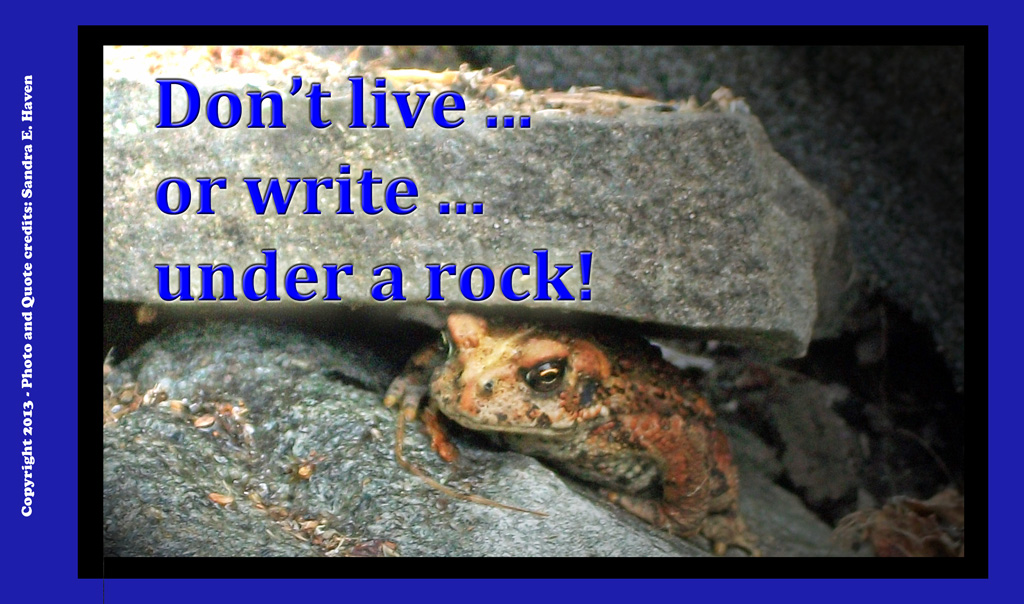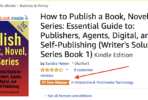Your Writer’s Blog to Book Ecosystem

Take a lesson from Harvard Business—without attending classes—and you can have a leg up on your writing competition. Writers need to know what to do BEFORE they write.
Becoming a writer is more than just learning the steps to writing a book itself. Writing is communicating with the reader, and publishers are looking at that a bit differently these days.
A couple of years ago, Harvard Business Publishing changed its business model to develop book ideas based on reader interest. It is a unique press in the fact that it manages both book acquisition and publishing as well as a popular magazine brand, the Harvard Business Review. And unique to focus its approach on reader interest. This may not seem mind-boggling. I mean, of course you want to write what readers find interesting. But just how do you know what they want? That’s what HBP decided to find out. In the process they gained more than they expected.
In 2010 Harvard Business Publishing combined its various assets — a book publishing arm, a magazine, an under-utilized website, and a slew of newsletters — to create what it is called a “consumer-facing” publishing brand and to attempt to significantly expand its audience.
Their newly unified Harvard Business Review group reported to one, new editor-in-chief, Adi Ignatius, who coined the phrase, “From blog to book.” He explains: “What that meant was that instead of our editors waiting for book proposals to come to them, they would seek out new ideas from various new voices. Then using the redesigned website, those new authors could create content in shorter form, letting us and the author test some of those early ideas and research with an audience, get some feedback, and develop the idea further. If the idea or concept has traction, then it might develop into a long form article for the magazine and eventually a book.”
Has it worked? Their website went from 250,000 unique visitors a month to 3 million a month! Of course, they had multiple platforms to use to integrate around their website (magazine, digital-only content, as well as books). But the key to their 12-fold increase in activity was that they actively sought input from readers, offering shortened versions of content as samples. They soon found a lot of their traffic came through social media (SM), a platform that is perfect for interaction.
Writers can utilize this same concept of “blog to book” in an author-to-reader ecosystem. What you want to build is a sense of a community even BEFORE your book is finished, where people share ideas and provide perspectives on the content they’re reading. Which is YOUR content! And you need to respond and work towards satisfying that fan base as it grows. That creates engagement and fuels the relationship that writers can have with their audience.
So think about your audience of readers. Just who are they? The demographics for a cozy mystery book is very different from a hard science fiction adventure. A memoir’s readership very different from a YA romance. Then take these steps to interact with readers:
- Determine what interests readers of your genre might have
- Where is your audience likely to hang out online (Twitter, Pinterest, LinkedIn, FaceBook, Google searching, etc.)?
- What can you offer in information, fun, or stimulation for these specific people on this specific platform?
- Join that platform and offer it!
- Start (or update) a blog to offer ideas that stimulate your particular readership
- Participate in other related blogs and platforms on social media. Offer ideas of value, not just talking about your own project (which should be included anyway in your SM profile or title)
- Ask for readers’ input about your book plans (maybe its title, the wardrobe of a character, what elements they like best in that genre, the cover illustration, etc.)
- Use that reader input as you work on your book.
- Link all your outlets (blog, social platforms, etc.) to each other and invite readers to like, join or sign up for updates on your book project
- Then—when you are ready to launch your book or its sequel—you’ll have an audience of readers already interested in what you’ve written. And you’ll have a book they will find interesting because YOU listened to THEM!
Next Article: What happens long AFTER your book is in the reader’s hand? Publishers are starting to care and so should you. And THAT will be in my next article…
New to “Sandra’s Tips”? Click here to sign up for my newsletters.
Follow me on Facebook or if you want information on my editing services, see my websites at Bristol Services Intl. or SandraHaven.com
Or just email me using the form below and let’s discuss YOUR book project!







